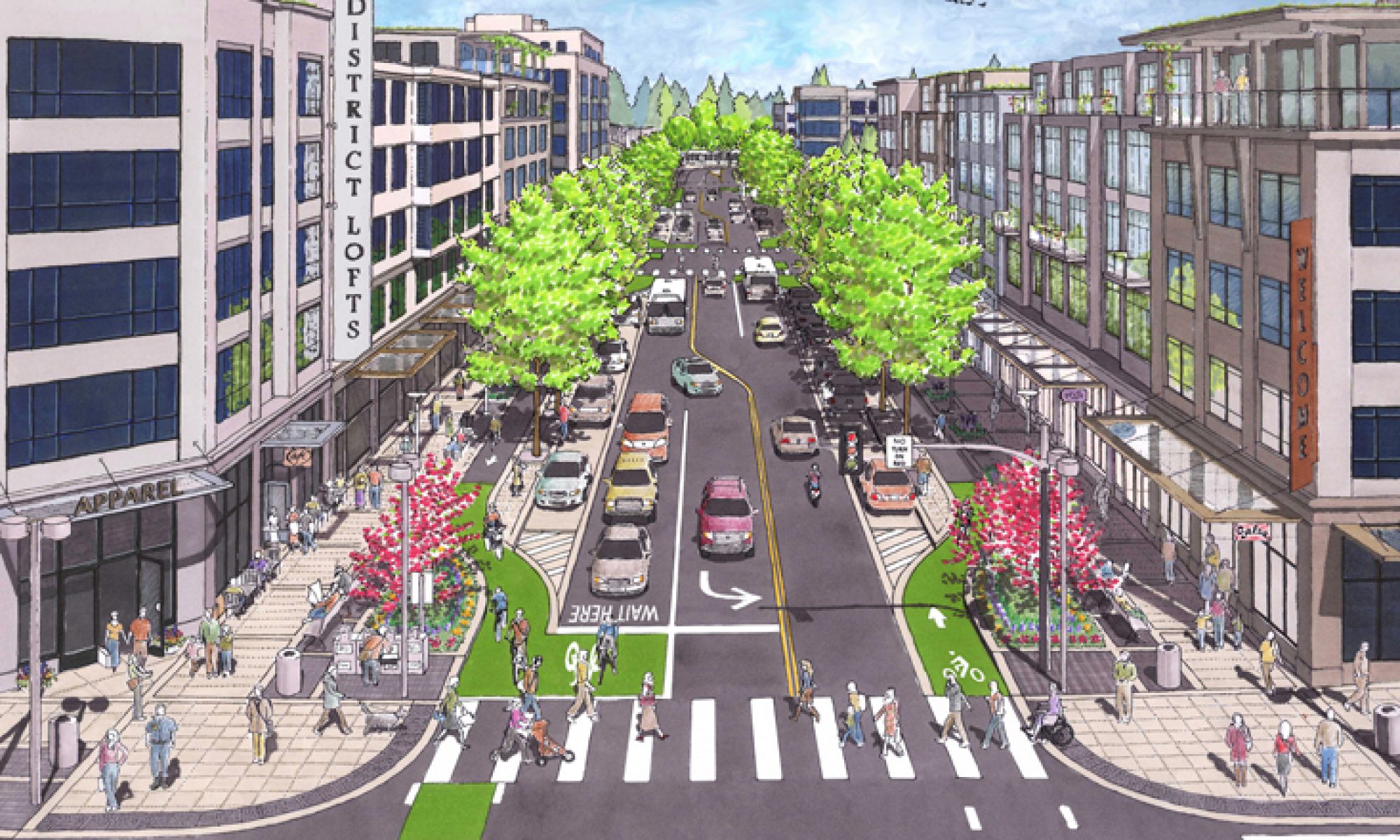There is plenty of evidence showing that lowering speed limits and reducing the availability of parking makes roads safer for pedestrians, cyclists, and drivers, according to this survey. Research suggests that even high-density cities have too much parking that’s priced too cheaply. We believe that residents and visitors are wiling to support Asbury Park becoming a truly people-oriented city, by implementing plans to prioritize people over cars: Asbury Park Plan for Walking and Biking.
It’s not an easy process even in a small city, with overarching state regulations and outmoded engineering practices. City leaders and our Transportation Manager, with the support of Asbury Park Complete Streets Coalition are taking steps to enable visitors and residents to get around safely without cars by reducing speed limits, creating traffic calming devices, better infrastructure for biking and walking, and offering alternative transportation.
Boston University’s Initiative on Cities (IoC) was released on Tuesday, January 21, in Washington, D.C. The annual report collects data from interviews with more than 100 mayors across the country about their most pressing concerns and provides insight into the problems they’re grappling with.
Now in its sixth year, the 2019 IoC survey asked mayors for the first time about the extent to which they are taking up the call, from cyclist and pedestrian advocates as well as many transportation experts and urban planners, to reorient their cities away from cars.
Mayors Say Their Cities Are Unsafe for Pedestrians, Cyclists—but Cars Still Rule





